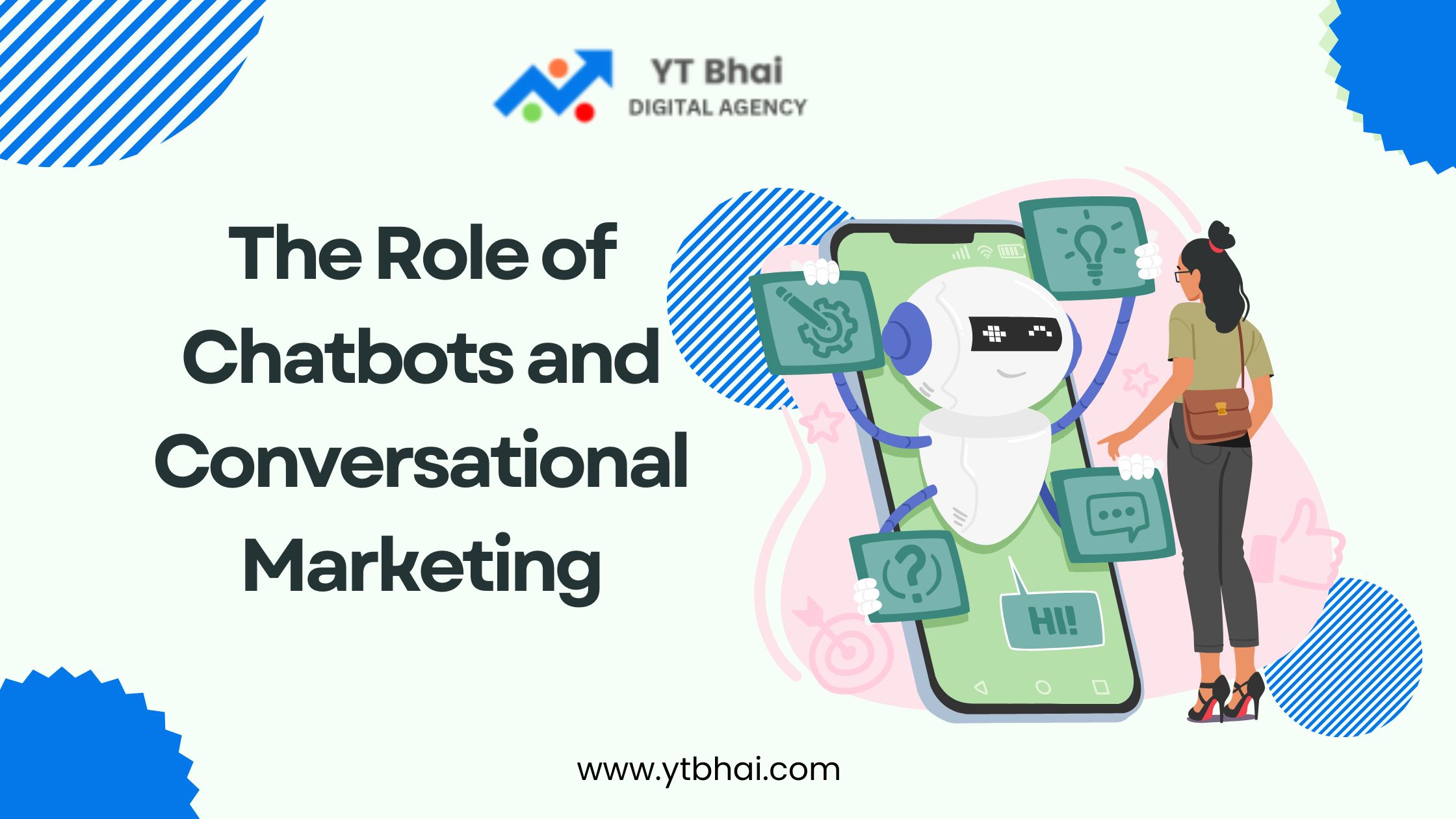
Chatbots and conversational marketing have emerged as revolutionary tools in the digital marketing landscape. By combining artificial intelligence (AI) and natural language processing (NLP), businesses can engage customers in real-time, offering personalized and efficient communication. This article explores how chatbots power conversational marketing, their benefits, challenges, and strategies for effective implementation.
What Are Chatbots?
Chatbots are AI-driven programs designed to simulate human-like conversations through text or voice. These virtual assistants can be integrated into websites, apps, and messaging platforms like WhatsApp, Facebook Messenger, and Slack. Their ability to handle multiple queries simultaneously makes them a cost-effective solution for businesses.
What Is Conversational Marketing?
Conversational marketing focuses on creating real-time, personalized interactions with customers. It involves tools like chatbots, live chat, and messaging apps to provide instant responses, build relationships, and guide users through the buyer’s journey.
How Chatbots Enhance Conversational Marketing
Chatbots play a critical role in conversational marketing by automating repetitive tasks and enabling seamless communication. Key ways they contribute include:
- 24/7 Support: Chatbots offer around-the-clock assistance to customers.
- Quick Responses: Instant replies improve customer satisfaction and reduce bounce rates.
- Personalization: AI-driven chatbots analyze user data to deliver tailored recommendations.
Benefits of Chatbots in Conversational Marketing
The integration of chatbots into marketing strategies provides several advantages:
| Benefit | Description |
|---|---|
| Cost Efficiency | Reduces the need for extensive customer support teams. |
| Scalability | Handles multiple conversations simultaneously without delays. |
| Lead Generation | Collects and qualifies leads through interactive conversations. |
| Customer Engagement | Keeps users engaged with instant, relevant responses. |
Real-World Applications of Chatbots
Many brands have leveraged chatbots to enhance their marketing efforts:
- Domino’s Pizza: Allows customers to order food via a chatbot on Facebook Messenger.
- Sephora: Provides beauty advice and product recommendations through a chatbot.
- H&M: Helps users find outfits based on their preferences and browsing history.
Challenges of Implementing Chatbots
While chatbots offer significant benefits, businesses must address the following challenges:
- Complex Setup: Advanced chatbots require integration with existing systems.
- Limited Understanding: AI chatbots may struggle with ambiguous or complex queries.
- Initial Costs: Development of intelligent chatbots can be expensive for small businesses.
Best Practices for Chatbot Marketing
To maximize the effectiveness of chatbots, businesses should follow these best practices:
- Define Objectives: Establish clear goals for the chatbot, such as lead generation or customer support.
- Use Conversational Tone: Make interactions natural and engaging.
- Enable Human Escalation: Provide options for users to connect with a human agent when necessary.
- Analyze and Improve: Continuously refine the chatbot based on user feedback and performance metrics.
Popular Chatbot Tools and Platforms
Here are some top platforms for creating and deploying chatbots:
- Dialogflow: Google’s AI-powered chatbot platform for creating conversational interfaces.
- ManyChat: A platform focused on Facebook Messenger and Instagram bots for marketing automation.
- HubSpot: Offers chatbot functionality integrated with its CRM and marketing tools.
The Future of Chatbots in Marketing
As AI technology advances, chatbots will become more intelligent and versatile. Future developments include:
- Emotion Recognition: Chatbots will detect user emotions and adapt responses accordingly.
- Multilingual Support: Enhanced language capabilities will enable global interactions.
- Voice Integration: Voice-based chatbots will become a staple for hands-free communication.
Conclusion
Chatbots and conversational marketing have redefined customer engagement by offering instant, personalized, and scalable solutions. Businesses that integrate chatbots into their marketing strategies can enhance customer satisfaction, streamline processes, and drive conversions. As technology evolves, chatbots will continue to be a vital component of successful digital marketing campaigns.
FAQs
1. What is a chatbot?
A chatbot is an AI-powered program that simulates human conversations via text or voice.
2. How do chatbots benefit marketing?
Chatbots automate customer interactions, qualify leads, and provide personalized recommendations.
3. Are chatbots expensive to implement?
Costs vary, but affordable options exist for small businesses, alongside more advanced solutions for enterprises.
4. Can chatbots replace human customer service?
Chatbots complement human agents by handling repetitive queries, but complex issues may still require human intervention.
5. What industries use chatbots most effectively?
E-commerce, healthcare, banking, and travel industries benefit significantly from chatbot implementation.
